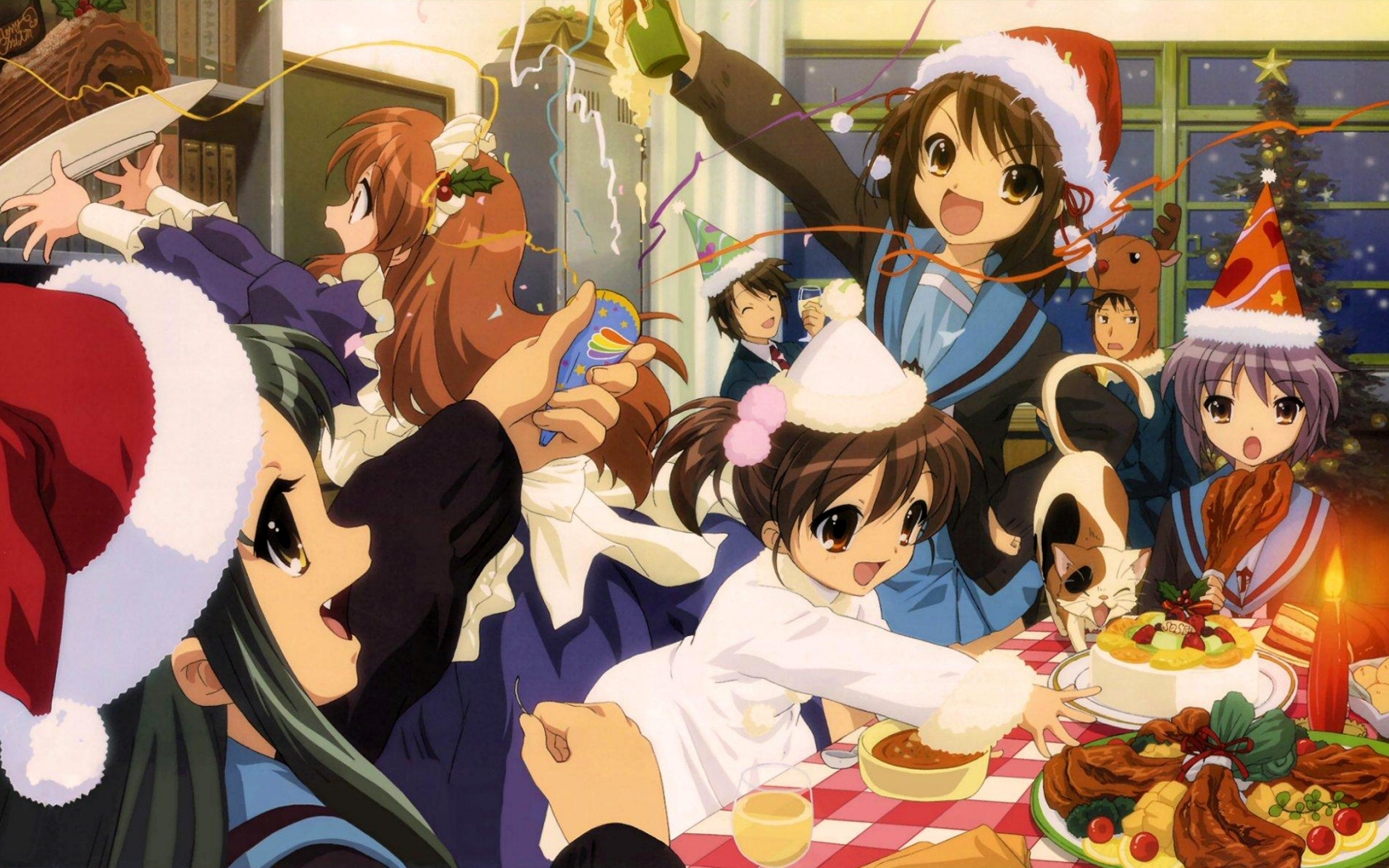Japaneses people have been slowly transitioning from “sayonara” to other phrases as a way to say goodbye. According to a recent survey conducted by Japan’s livedoor NEWS, the average Japanese person doesn’t use the word “sayonara” at all. Having surveyed 30 people of varying ages and genders if they use the word, and the results showed 21 of the 30 people – 70 percent – said they “don’t use it” or “don’t uses it at all.” When narrowing down the younger crowd 20-30 year olds, only 11 out of the 14 – 80 percent – said the same. Although the survey consisted of a very small number of people, I’m sure there’s a trend here. When asked why they don’t use the word “sayonara”, here are some reasons they gave:
“I don’t like ‘sayonara’ because it makes our meeting feel like the end.”
“Saying ‘sayonara’ makes it seem like we won’t meet again, so I don’t use it. It feels like a cold word.”
“At work or with family and friends, I always just say ‘see you later’ instead.”
“Sayonara” does have an air of finality to it. It sounds as if this is the last time you’ll see that person, when in fact you could see them again tomorrow.
So how do the Japanese choose to say goodbye? Luckily, the Japanese language has many different phrases used when parting with someone. Here are a few:
“Ja ne. (See ya)
Mata ne/kondo/ashita/raishuu. (See you later/next time/tomorrow/next week)
Shitsurei shimasu. (I’m sorry for having been rude – on ending a phone call, leaving work, etc.)
Osaki ni shitsurei shimasu. (I’m sorry for rudely leaving before you [at work])
Otsukaresama desu. (You must be tired, thank you for your work.)
Gokigenyou. (Fare thee well – if you want to sound fancy)
Bai bai. (If you want to sound cute or like a JK)”
Source: Rocket News 24











